UKRAINIAN HOLODOMOR BETWEEN MYTH AND REALITY
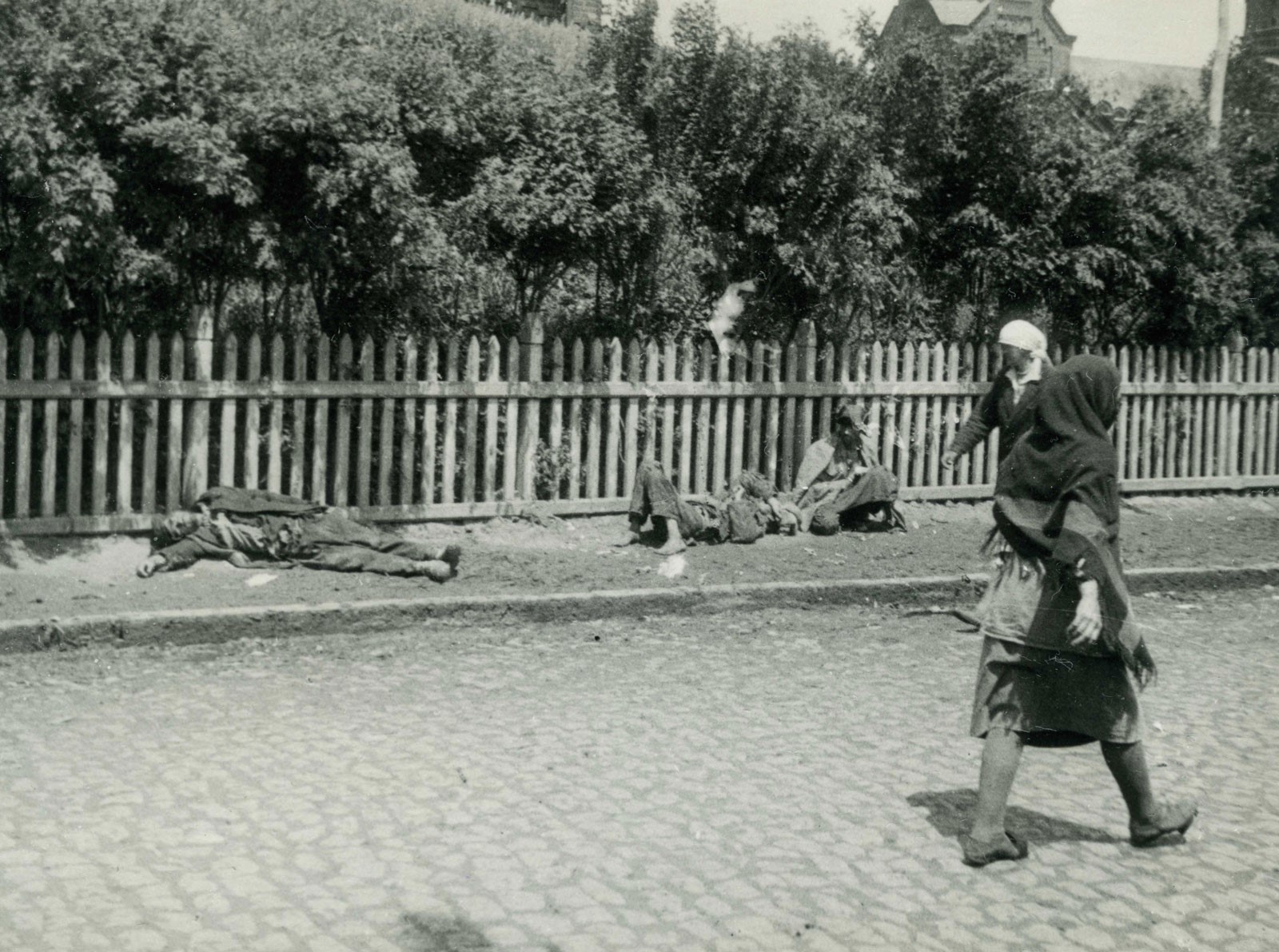
The war in Ukraine and the ensuing Russophobic mainstream have suddenly made us discover the Holodomor, recognised on 26 July this year by our parliament as the genocide of the Russians against the Ukrainians, starved to death by Stalin with the forced collectivisation of the countryside and the fight against the kulaks, i.e., the latifundists[1] . Thus, on 26 July, the process begun in May by PD parliamentarians Fausto Raciti, Andrea Romano and Flavia Nardelli Piccoli, the first signatories of a motion to have parliament recognise the Holodomor as a Stalinist genocide, was concluded. A motion based on studies and in-depth studies of considerable value, as evidenced by the participation of Professor Andrea Graziosi in the drafting of the text, which does not take into account some fundamental things[2] .
Let us therefore try to better understand how things really are. What does Russia have to do with the Ukrainian Holodomor? And is Ukraine exempt from responsibility and blame for its Holodomor? Among the unfortunately nonchalant and sometimes omissive narratives of the current Ukrainian tragedy, it is often insisted that Ukrainians still today resent the Russians because in 1932-33 the policy of industrialisation and forced collectivisation imposed by Joseph Stalin caused a few million deaths by starvation in Ukraine: the Holodomor, in fact, which in Ukrainian means ‘extermination by starvation’[3] . Stalin with the forced collectivisation of agriculture also ordered the physical elimination of the kulaks, i.e. the wealthy peasants who had other peasants in their employ[4] .
The current narrative speaks of the Holodomor as a real Russian genocide against the Ukrainians – just as the Shoah was the German genocide of the Jews and the Samudaripen the (forgotten) German genocide of the ‘gypsies’, more correctly called romanès (hence the term rom, nowadays often used instead of the word gypsy, considered offensive)[5] . Things, however, are not as that narrative tells them. On the contrary, there is a Ukrainian paw or rather a big paw in the Holodomor.
Meanwhile, we note that Stalin was Georgian, NOT Russian. He was in fact born in Gori, Georgia, on 6 December 1878, father a shoemaker and mother a peasant. In Georgia, he studied up to four of his five years at the Orthodox Theological Seminary in Tbilisi, the capital of Georgia. A seminary that was in fact a university, run by the Jesuits[6] . On 29 May 1899, a month before the end of the fifth and final year, they expelled him because he propagated Marxism not only among the workers in the railway workshops but also among the seminarians themselves[7] . Between detentions in Siberia and clandestine political activity in Georgia, Stalin only arrived in Russia in 1917. That is, when he was already 39 years old. He settled in St. Petersburg, where he contributed to the revival of Pravda, the Communist Party newspaper[8] . Everything can therefore be said about Stalin except that he was Russian.
Georgia, as an autonomous kingdom and nation, was born at the beginning of the 11th century, heir to the ancient kingdoms of Colchis and Iberia (nothing to do with today’s Iberian Peninsula, formed by Spain and Portugal). Fragmented and dominated by the Ottomans and Iranians, it was reunified and annexed to the Russian Empire in the 19th century. Becoming independent as the Democratic Republic of Georgia from 1918 to 1921, in 1922 it became part of the Transcaucasian Soviet Federative Socialist Republic until 1936[9] . Later it became the Georgian Soviet Socialist Republic, a member of the Union of Soviet Socialist Republics, and in 1991 with the dissolution of the USSR it became independent, just like Ukraine and other states that were also former members of the USSR[10] .
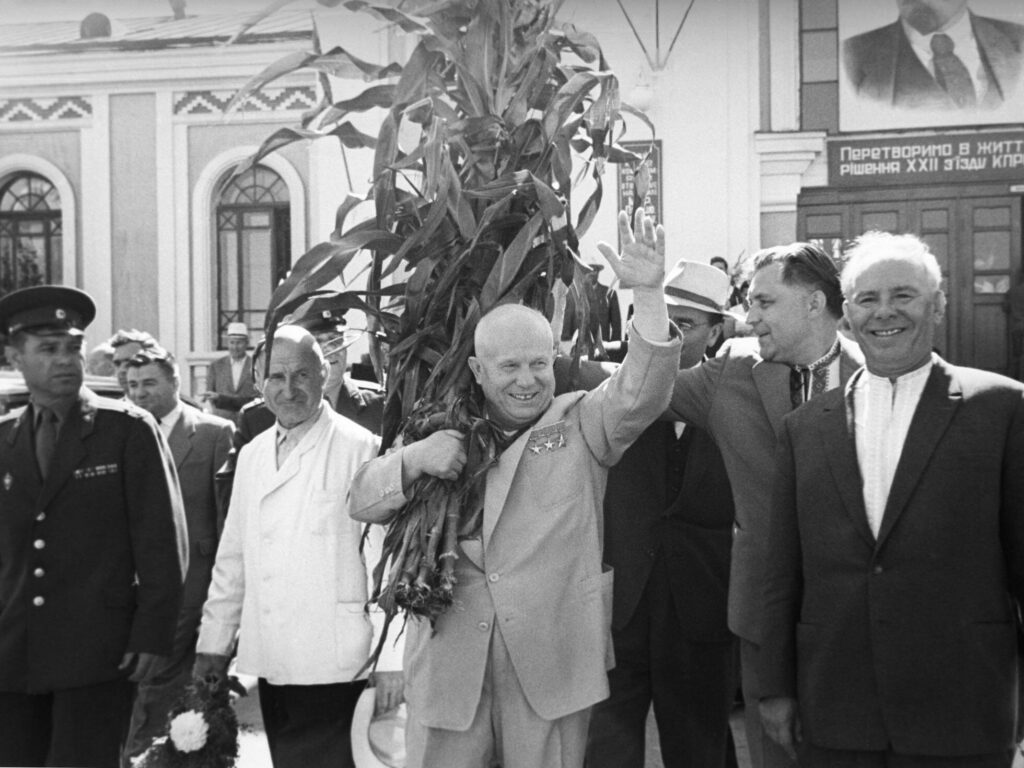
May 1954: Nikita Khrushchev on an official visit to ‘his’ Ukraine[11]
In short, the USSR ALSO included Russia just as it included Ukraine itself. Whose representatives in the UNCP and its Central Committee did NOT oppose Stalin in any significant way. Stalin and the Central Committee, composed NOT only of Russians, made decisions NOT in the name of Russia, but of the entire Soviet Union, including Ukraine. And Stalin’s successor, Nikita Khrushchev, was from a Ukrainian family. Raised in Ukraine since he was 14, he had made Ukraine the basis of his political power[12] .
In order to make a career Khrushchev endorsed ALL of Stalin’s decisions, including industrialisation in forced stages based on the rapid development of heavy industry. It is the policy that led to the disasters of agricultural food production with the resulting famine of 1932-1933[13] , the one that killed millions NOT only in Ukraine, but also in Russia itself, including its Crimean peninsula. Ukraine was more affected only because, as it still does today, it had a formidable agricultural production, larger than that of the other USSR states[14] .
Khrushchev made a career of it, big time. He was First Secretary of the Communist Party of Ukraine (Bolshevik, i.e. maximalist) from 27 January 1938 to 3 March 1947, then also from 26 December 1947 to 16 December 1949. He then succeeded Stalin after his death on 5 March 1953[15] . And the year after Stalin’s death his successor Khrushchev, a Ukrainian by family and decades of life, ‘gave’ Crimea to his beloved Ukraine[16] . A gigantic case of conflict of interest… which, however, no one talks about: either out of ignorance. likely because on certain times widespread, or out of dishonesty and expediency not to obstruct the official narrative.
Also Ukrainian was Lazar’ Moiseevič Kaganovič, who attended all Communist Party of the Soviet Union (CPSU) conferences in Ukraine and gave the order to implement the policy of the collectivisation of the countryside and the physical elimination of the kulaks as quickly as possible. The Ukrainian zealot Kaganovič thus made a considerable contribution to his Ukraine’s Holodomor: as an envoy of the Communist Party’s Central Commission, Kaganovič not only travelled extensively in Ukraine but also in Siberia, the central regions of the USSR and the North Caucasus[17] . To do what? To demand the acceleration of the collectivisation process and the repression of the kulaks[18] . And so suffering, disaster and death by starvation were inflicted not only on Ukraine but also on Crimea, which was Russian and NOT of Ukraine, the North Caucasus, the lower Volga, the Kazakh Soviet Socialist Republic and the Kuban region.
To claim that Stalin wanted the Holodomor to punish the Ukrainians essentially appears to be a historical fallacy. Just as it essentially appears to be a historical falsehood to claim that it was Russia rather than the entire Soviet Union that was responsible for that great tragedy: including Ukraine, including Ukrainian Khrushchev, and including above all Ukrainian Kaganovich. It was a tragedy that affected NOT only Ukraine, but the entire agricultural production of the USSR, with a flood of victims also in the other states and regions of the Soviet Union, including Russia. With good peace to the signatories of the motion presented in May, in Italy, by the PD parliamentarians – and to the parliament that approved it: unless one wants to make anti-Russian propaganda, one can therefore speak of the Holodomor as a huge tragedy that affected above all (but not only) Ukraine, but never as a genocide, moreover wanted by Stalin to punish the Ukrainians.
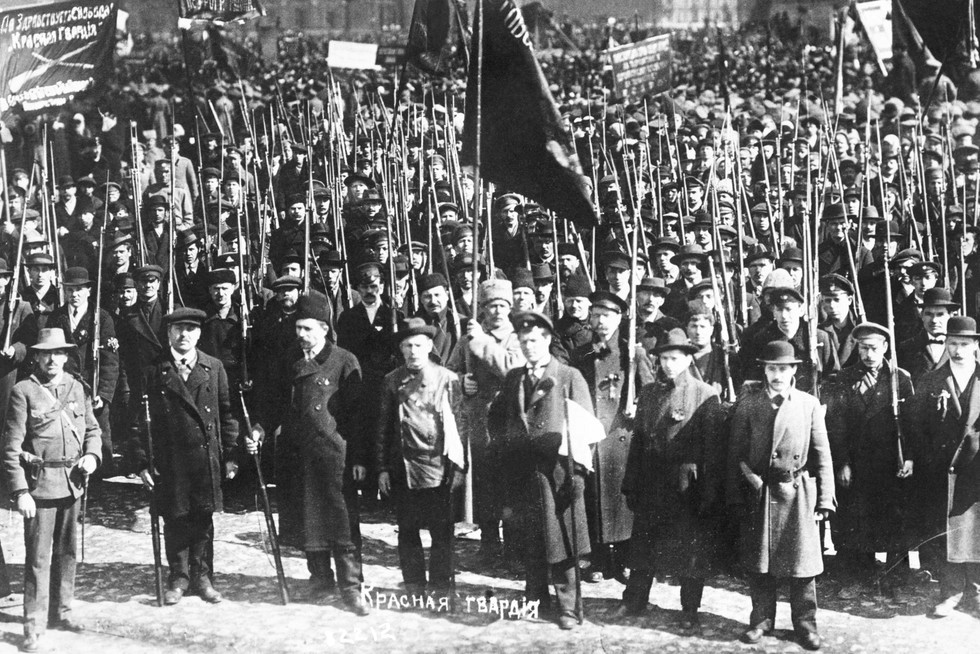
Summer 1918: Street demonstration after the signing of the Ukrainian independence treaty[19]
That the vote on this matter on 26 July 2023 was influenced not only by ignorance, but also by a considerable prejudice against Russia, is shown by another fact, which has gone strangely unnoticed, which is not a good sign at all. On 29 April 2022, at the programmatic conference of the far-right party Fratelli d’Italia (FdI), which lasted three days in Milan and was entitled ‘Italy, energy to be liberated’, its leader Giorgia Meloni, who became prime minister on 22 October, shouted with her chest out. “Now in Ukraine our future, our balances are being decided. It is not surprising that those who fight against the communist yoke, those who love their homeland, are willing to fight for that homeland’[20] .
The ‘COMMUNIST yoke’? Who? How? Where? When? Why? Our current PM is therefore stuck in 1990-91, she is still convinced that Russia is still communist!!! And that its president Putin is therefore!!! Convictions that make blood well up in the eyes not only of those on the right. Convictions that make one’s eyes bleed, given that Putin is actually a member of the nationalist and conservative United Russia party, which in turn is part of the Pan-Russian Popular Front coalition, two political realities that have absolutely nothing to do with communism, not even by accident and from afar[21] . Since no one has pointed out that gigantic crab and tawdry historical falsehood, it is possible that the foreign policy, including military policy, of our Meloni-led government has been and still is greatly influenced by it.
Conviction, Meloni’s about communist Russia, is widespread not only among politicians, journalists and pundits, but also among a large part of the population. I did a test by asking 200 people chosen at random in supermarkets and transport facilities, or chosen from among my friends, what they thought the form of government in Russia was and what Putin’s party was. The vast majority, including people close to me who I thought were informed, answered that Russia is communist and that Putin’s party is the communist party. NO ONE knew that in reality the Communist Party in Russia is a small party in opposition, i.e. opposed to Putin and his government. And that it therefore has nothing to do with the invasion of Ukraine.
At the conference in Milan, Giorgia Meloni uttered a cry that was as quivering as it was based more on her own dreams before historical reality: ‘If we want Italy to be a great nation again, we Italians must be the ones to grow’[22] . As a TV personality would say: “According to Giorgia Meloni, when was Italy a great nation?”. A question to which it is appropriate, indeed necessary, to give a clear and NOT ambiguous answer. Because it is clear that the concept of ‘great nation’ in the mouth of a right-wing politician like her also lends itself to decidedly deplorable interpretations.
It would be good if the premier would clarify whether Italy was ‘a great nation’ for example during fascism or even during the Roman empire, a nail that many people, not only on the right, like to beat. It is good that you clarify this because it is legitimate to suspect that you are convinced of this and with that sentence you meant to say so. And if, on the other hand, she meant to say that Italy was a great nation during the Risorgimento, which she mentioned in her speech in Milan, there are two things to note, or rather three. The first is that Italy was NOT yet a nation, but a collection of nations and (another term dear to Meloni) of homelands. Nor was Italy a nation during the Roman empire.
The second is that the Risorgimento was also a set of invasions of legitimate states and kingdoms scattered across the Italian peninsula and conquered through wars and battles to eventually result on 17 March 1861 in the national kingdom of the Savoy. They spoke Piedmontese and French, but not Italian. The third is that they were defeated in favour of the monarchy – Savoy! which penalised the South and launched our colonialism – the republican ideas of Giuseppe Mazzini and the federal ideas of Carlo Cattaneo.
RUS037
[1] https://www.treccani.it/enciclopedia/kulaki_%28Dizionario-di-Storia%29/
[2] https://www.deputatipd.it/news/ucraina-mozione-riconoscimento-holodomor-come-genocidio ; https://www.repubblica.it/politica/2022/05/05/news/mozione_pd_genocidio_fame_ucraini_90_anni_fa_raciti_putin-348263310/ ; https://www.ilfoglio.it/esteri/2023/07/28/news/quanto-tempo-ci-vuole-per-riconoscere-l-holodomor-parla-graziosi-5543950/
[3] https://it.gariwo.net/educazione/approfondimenti/holodomor-3502.html#:~:text=Holodomor%20is%20the%20name%20with%20the%20collective%20property%20system
[4] https://www.treccani.it/enciclopedia/kulak/
[5] https://www.ilprimatonazionale.it/cronaca/facebook-sospende-matteo-salvini-parola-zingaro-20936/ ; https://www.chiarelettere.it/libro/non-chiamarmi-zingaro-pino-petruzzelli-9788861900509.html ; https://www.ilfattoquotidiano.it/2015/03/11/discriminazione-uso-parola-zingaro-in-testo-giudirico-condannato/1495328/ ; https://www.cdt.ch/opinioni/fatti-nostri/e-offensivo-usare-la-parola-zingaro-268791 ; https://www.21luglio.org/zingaro-parola-comune-che-diventa-offesa/
[6] http://www.pmli.it/stalinbiografiacap01.htm
[7] http://www.pmli.it/stalincennibiografici.htm ; https://it.wikipedia.org/wiki/Iosif_Stalin#Origini_e_formazione
[8] https://www.treccani.it/enciclopedia/pravda/
[9] https://www.treccani.it/enciclopedia/georgia-stato-della-transcaucasia_%28Dizionario-di-Storia%29/#:~:text=a%20Democratic%20Republic%20guided%20by%201936%20as%20a%20Federal%20Republic
[10] https://www.treccani.it/enciclopedia/nikita-sergeevic-chruscev/ ;
https://www.quotidiano.net/esteri/2014/02/27/1031899-crimea-scheda-mosca-kiev.shtml ; https://www.corriere.it/lettere-al-corriere/14_marzo_18/LA-CRIMEA-DONATA-ALL-UCRAINA-LE-RAGIONI-DELLA-GENEROSITA_6d7a68fc-ae65-11e3-a415-108350ae7b5e.shtml
[11] https://english.elpais.com/usa/2022-01-29/in-the-conflict-with-ukraine-moscow-is-clinging-on-to-the-excuses-of-the-past.html
[12] https://www.treccani.it/enciclopedia/nikita-sergeevic-chruscev/
[13] https://it.wikipedia.org/wiki/Carestia_sovietica_del_1932-1933
[14] https://it.wikipedia.org/wiki/Cessione_della_Crimea
[15] https://it.wikipedia.org/wiki/Nikita_Sergeevič_Chruščëv#:~:text=After%20the%20fight%20for%20the%20leader%20of%27the%20Soviet%20Union
[16] https://www.corriere.it/lettere-al-corriere/14_marzo_18/LA-CRIMEA-DONATA-ALL-UCRAINA-LE-RAGIONI-DELLA-GENEROSITA_6d7a68fc-ae65-11e3-a415-108350ae7b5e.shtml
[17] https://it.wikipedia.org/wiki/Lazar%27_Moiseevič_Kaganovič
[18] https://it.wikipedia.org/wiki/Lazar%27_Moiseevič_Kaganovič
[19] https://www.historyextra.com/period/general-history/russia-invade-ukraine-history-relationship-crimea-why-conflict-facts/ ; https://www.treccani.it/enciclopedia/ucraina_res-42c540d4-87eb-11dc-8e9d-0016357eee51_%28Enciclopedia-Italiana%29/
[20] https://www.repubblica.it/politica/2022/04/29/news/fdi_conferenza_programmatica_milano_meloni-347433428/
[21] https://er.ru/ ; https://alloranews.com/opinions/la-lettera-della-farnesina-ai-diplomatici-un-monito/
[22] https://www.repubblica.it/politica/2022/04/29/news/fdi_conferenza_programmatica_milano_meloni-347433428/

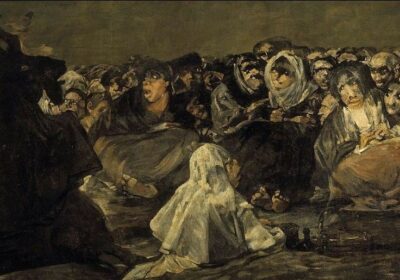
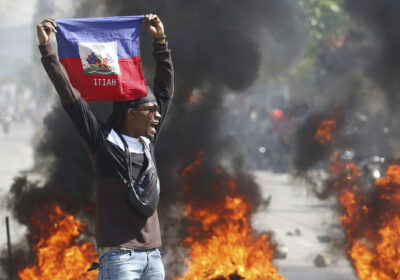
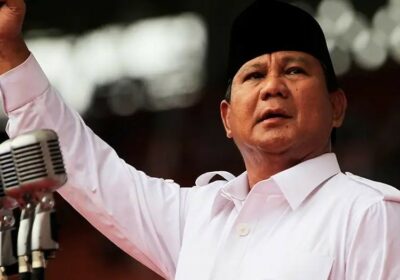
Leave a Reply